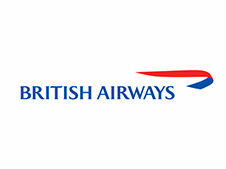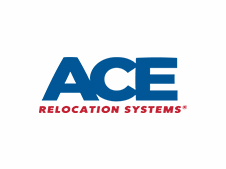Posted by BABC Premier Member and Global Expansion specialists Fitzgerald & Law
The UK corporate pension landscape is undergoing significant changes. Employers with expatriates need to consider whether these changes apply to those employees working in the UK from overseas.
As it currently stands, UK Workplace Pension (WPP) auto-enrollment will apply to expatriate assignee’s (both inbound to and outbound from the UK). Expatriates will be treated in a similar way to domestic employees to the extent that they are deemed to be working or ordinarily working in the UK.
How has it been introduced?
UK WPP auto-enrollment regulations have been gradually phased-in for employers since October 2012 based on the employer’s PAYE size. The largest employers have to comply first and smaller employers follow between 2012 and 2018.
Assessing your workforce
Correctly assessing and then auto-enrolling your workforce can present a challenge for an employer with employees who are on temporary assignment in the UK or who work overseas but who have a relationship with the UK company.
It’s relatively straightforward to assume that if an employee works wholly in the UK, they can be considered as ‘assessable’ for auto-enrollment purposes (provided they are based in the UK and there is no simultaneous employment relationship between the worker and a non-UK employer).
However, The Pensions Regulator (TPR) makes reference where a worker is not wholly working in the UK and the need to then establish whether the worker “ordinarily works in the UK”.
Considering expatriates
Whether employees are working or ordinarily working in the UK will determine whether they should be auto-enrolled. Although this may not be as straightforward as it sounds, the TPR have offered some guidance on the criteria that employers could use.
Employers firstly need to look at the worker’s contract of employment and then consider additional factors including:
- where they start and finish their work;
- the company head office location;
- where their private residence is or is intended to be;
- whether they pay UK National Insurance Contributions; and
- in what currency they receive their salary.
Although they may not be required to automatically enroll all of their workforce, it’s essential that an employer carefully considers the position of their internationally mobile workforce including those on assignment, temporary workers and part time staff.
This applies to internationally headquartered companies with UK subsidiaries as well as UK companies with employees overseas.
Secondment Type
Employees on secondment from an overseas company and working in the UK will often still be contracted with that overseas employer. In this instance (and there is an expectation the employee will return to the overseas company at the end of their secondment) then it is unlikely they will be considered as ‘ordinarily working in the UK’ as their ‘base’ will be at the overseas company.
What next?
Over time, it’s likely that case law will continue to shape what the law means by ‘working or ordinarily working in the UK under the worker’s contract’ for the purposes of pensions legislation. If you’re unsure whether a worker needs to be automatically enrolled in your UK Workplace Pension or for further information on this topic, please contact us.












































